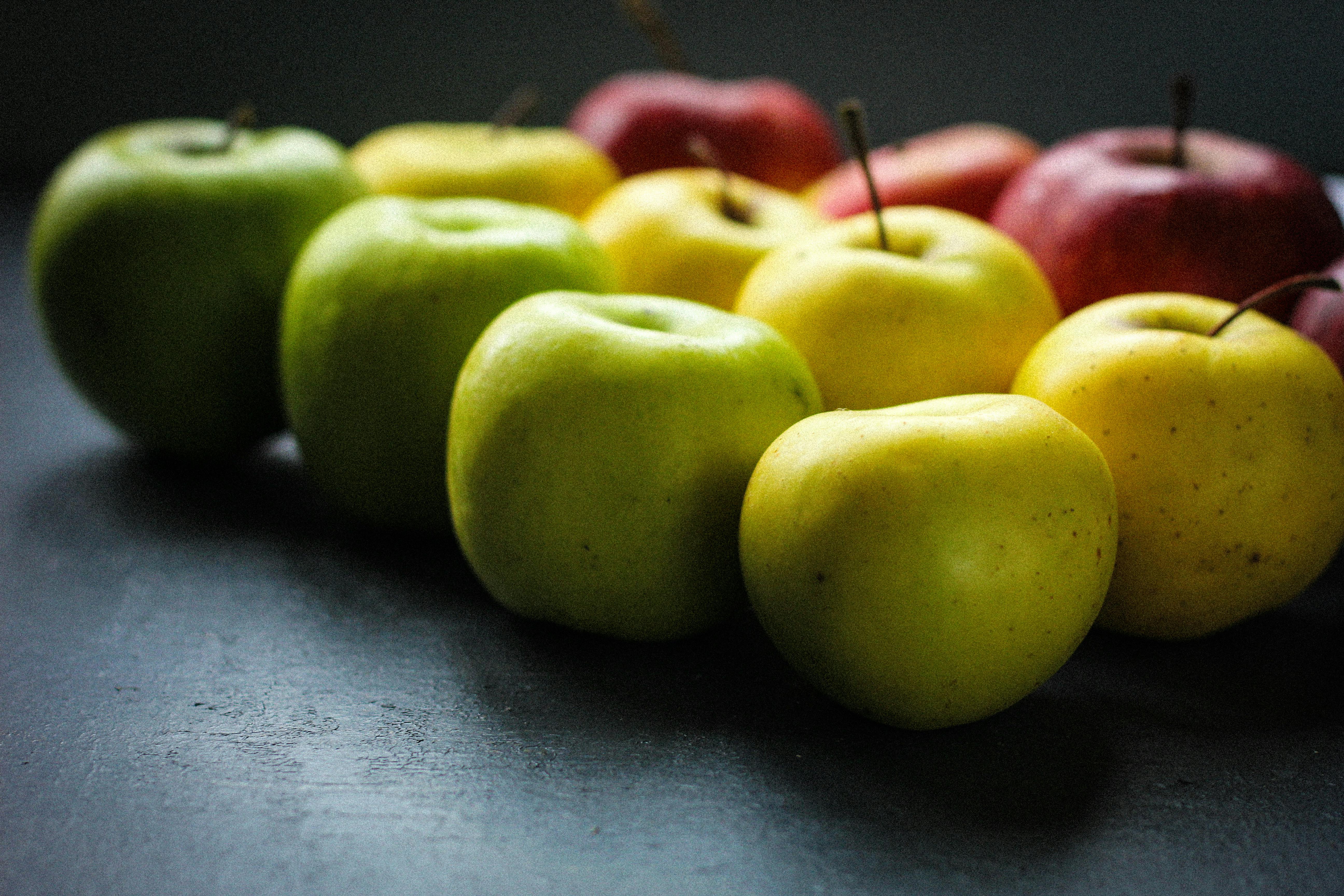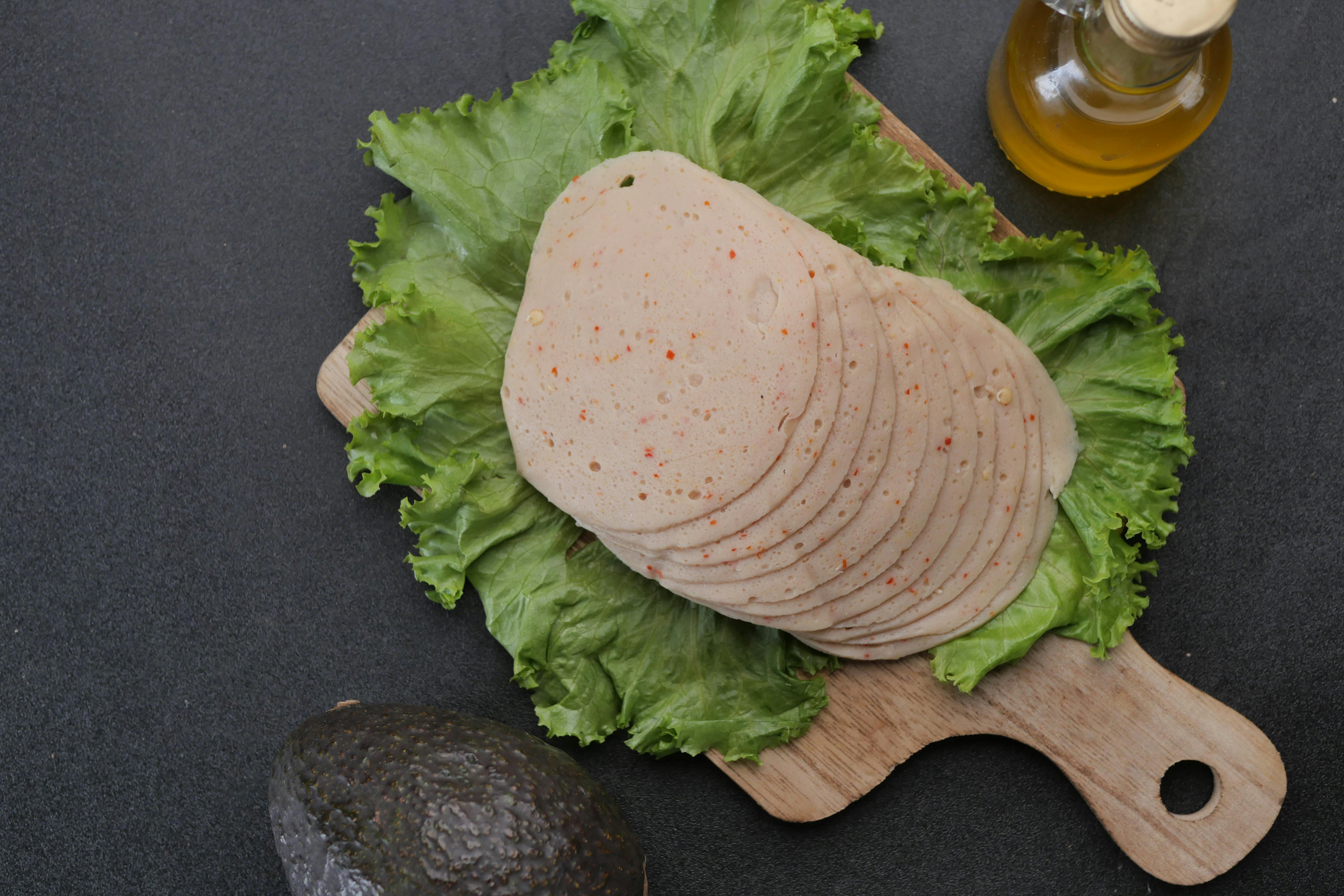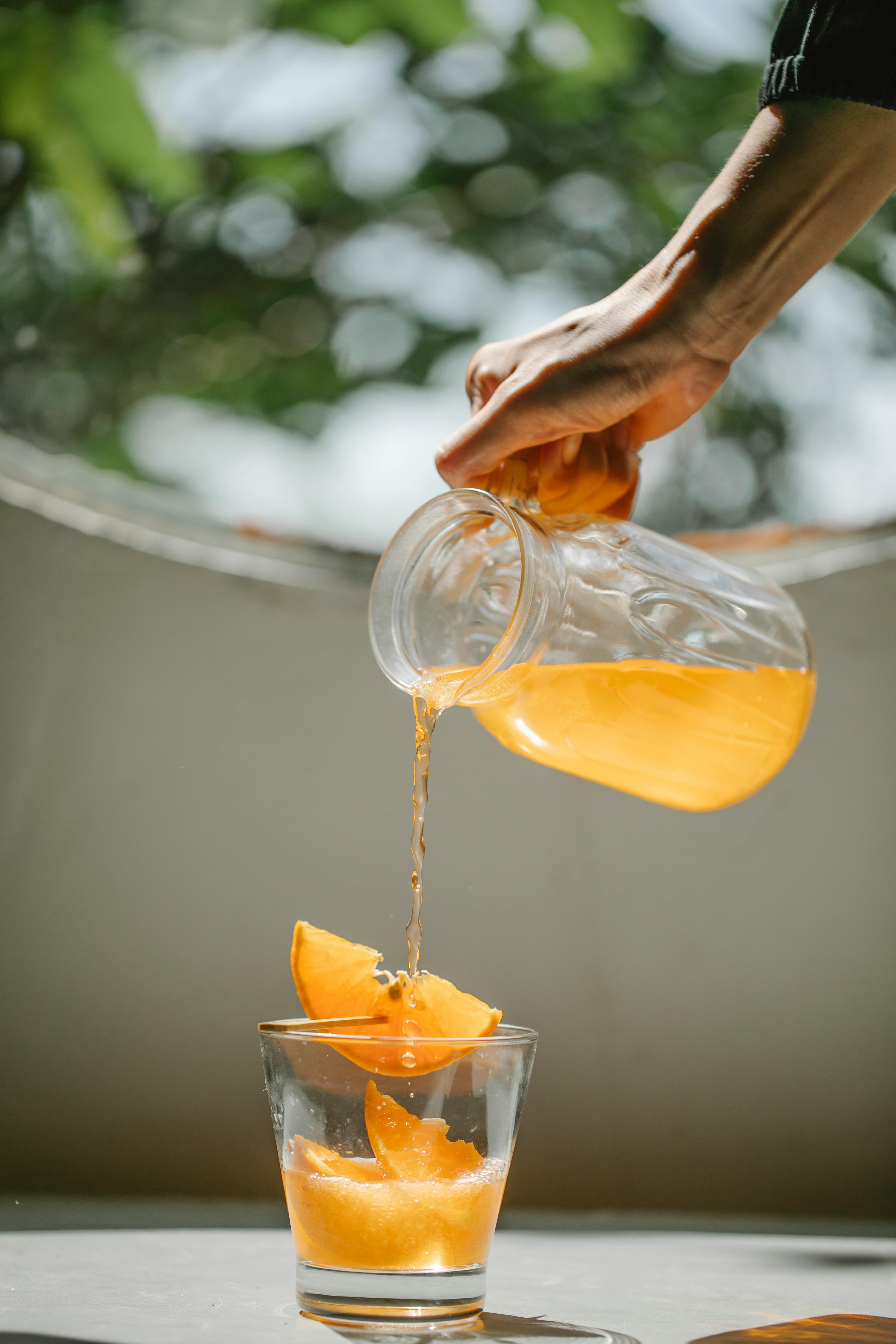
Best 5 Acne-Free Diet Tips to Ensure Clear Skin by 2025
Understanding the Importance of an Acne-Free Diet
In today's world, clear skin is often a reflection of health and confidence. Many believe that achieving flawless skin is solely about skincare products, but nutrition plays a vital role in maintaining skin clarity. An acne-free diet consists of nutrient-rich foods that not only promote skin health but also provide essential vitamins and minerals necessary for skin healing. By adopting dietary changes targeting acne, individuals can effectively reduce breakouts and promote a radiant complexion.
One key to success in your journey towards clearer skin is understanding the relationship between food and skin health. Specific foods can exacerbate acne while others can nourish the skin. This article will provide five essential tips for creating an effective acne diet that leads to positive skin outcomes. Along the way, we'll explore the best foods for acne-prone skin, healthy meal ideas, and how to incorporate skin-clearing nutrients into your everyday life.
Benefits from following an acne treatment diet extend beyond just visible improvements; adopting a healthier lifestyle contributes to overall wellbeing. By learning to avoid common triggers, you can take control of your skin health and pave the way for a clearer, more confident future. Let's dive into the best tips for achieving flawless skin through nutrition.

1. Incorporate Skin-Clearing Nutrients
Building a diet rich in skin-clearing nutrients is one of the most effective methods for achieving clearer skin. Certain vitamins and minerals have been shown to contribute to skin health and reduce inflammation associated with acne. Here are a few essential nutrients to focus on:
Vitamin A for Skin Health
Vitamin A is crucial for maintaining skin integrity and promotes the regeneration of new skin cells. Foods high in vitamin A include sweet potatoes, carrots, and spinach. These skin healing foods can help combat acne by reducing the production of sebum, which contributes to breakouts.
Omega-3 Fatty Acids for Inflammation
Omega-3s play a pivotal role in reducing inflammation, which is often a contributing factor in acne development. Incorporate foods like salmon, walnuts, and flaxseeds into your diet to benefit from their anti-inflammatory properties. These anti-inflammatory diets can help stabilize the skin's oil production and improve overall clarity.
Zinc for Acne Reduction
Zinc is a mineral known for its immune-boosting properties and role in skin healing. It aids in the regulation of oil gland activity and has anti-inflammatory effects. Foods rich in zinc, such as shellfish, legumes, and pumpkin seeds, can enhance your clearer skin plan.
As you consider adding these nutrient-rich foods to your diet, be aware of how they work together to create a holistic approach to skin health. This naturally leads us to the next aspect of dietary changes for acne—avoiding certain harmful foods.
2. Avoid Trigger Foods for Acne Relief
While incorporating beneficial foods is essential, it is equally important to avoid specific dietary triggers that can worsen acne. Numerous studies have highlighted the impact of processed foods and certain dietary habits on skin health.
Recognizing High-Glycemic Foods
High-glycemic foods can rapidly increase blood sugar levels, contributing to insulin spikes that may trigger acne outbreaks. Foods like white bread, sugary snacks, and certain cereals should be limited. Focus instead on low glycemic foods, which stabilize blood sugar and reduce hormonal fluctuations.
Dairy and Its Effects on Skin
Some individuals may find that dairy products trigger their acne. Milk and cheese have been linked to increased oil production and inflammation in some studies. If you suspect dairy might be affecting your skin, consider trying a dairy-free skin care regimen.
Processed and Refined Foods
Highly processed foods often contain artificial additives and unhealthy fats that can contribute to systemic inflammation. Opt for whole foods, like fruits, vegetables, whole grains, and lean proteins, to promote skin healing. Embracing a whole foods for skin strategy can lay the foundation for a clearer complexion.
By recognizing and avoiding foods that can aggravate acne, you can significantly improve your skin's appearance. This step leads us to explore how proper hydration influences skin health.
3. The Importance of Hydration for Clear Skin
Hydration is often overlooked when discussing diets for achieving clear skin. Drinking enough water is essential not just for overall health, but specifically for maintaining healthy skin.
How Hydration Affects Skin Appearance
When the body is well-hydrated, it promotes elasticity and helps maintain a vibrant complexion. Dehydration can lead to dryness and an increase in skin irritations, which can exacerbate acne. Aim for 8-10 glasses of water daily, and consider including hydrating foods like cucumbers and watermelon.
Infused Water Recipes for Skin Health
Infusing water with skin-friendly fruits and herbs can increase flavor and enhance hydration benefits. Try combinations like lemon and mint or cucumber and basil. These infused waters are not only refreshing but also support skin detoxing foods.
The Role of Herbal Teas
Certain herbal teas, such as green tea, contain antioxidants that fight inflammation and promote skin health. Drinking these teas regularly not only aids hydration but can also boost your intake of antioxidants for skin. This enhances the body's ability to combat acne and maintain a clear complexion.
With these hydration tips in mind, we turn our attention to the power of meal planning and how it can set you up for success in your journey towards clear skin.
4. Meal Planning for Acne Management
Implementing a structured meal plan can help ensure you consistently consume nutrient-rich foods while avoiding acne triggers. A well-planned diet allows for better management of portions and reduces impulsive eating choices that could lead to breakouts.
Creating an Acne-Friendly Meal Plan
Begin by outlining your weekly meals focusing on high-fiber and skin-friendly proteins such as legumes and lean cuts of meat. Incorporate seasonal fruits and vegetables to maximize nutrient diversity. Aim for balanced meals containing healthy fats, proteins, and complex carbohydrates.
Prep Healthy Snacks for Skin Health
Snack times can often be the most challenging when it comes to sticking to a clear skin diet. Prepare healthy snacks like nuts, hummus with veggies, or popcorn sprinkled with herbs. These will help keep you satisfied without the potential downside of processed snacks.
Cooking Methods That Support Skin Health
How you cook your foods can also impact their nutritional value. Opt for steaming, baking, or grilling instead of frying to maintain the integrity of the nutrients you want to preserve. This contributes to a holistic approach to your clear skin recipes.
By underpinning your diet with a solid meal plan, you’re setting yourself up not only for clear skin but also for improved overall health. Finally, let’s discuss how integrating holistic practices can enhance your acne-free lifestyle.
5. Embrace Holistic Dietary Changes for Clear Skin
A holistic approach to diet involves considering overall lifestyle factors that affect skin health. By building healthy habits surrounding your eating patterns, you can significantly impact your skin's condition.
Incorporating Probiotics for Skin Health
Probiotics are known for their beneficial effects on gut health. A healthy gut microbiome can positively influence skin appearance, reducing inflammation and promoting healing. Foods such as yogurt, kefir, and fermented vegetables should be included in your acne-friendly meals.
Focus on Anti-Inflammatory Ingredients
Integrating spices like turmeric and ginger into your dishes can provide significant anti-inflammatory benefits. These additions enhance flavor while making your meals more beneficial for skin health. Consider incorporating these herbs regularly into your cooking.
Crafting Personalized Smoothies for Clear Skin
Smoothies can be an excellent vehicle for consuming multiple skin-friendly ingredients in one go. Combine ingredients like spinach, berries, and flax seeds for optimal skin benefits. This is a great way to ensure you’re getting all the skin-clearing nutrients your body needs in a delicious format.

Q&A Section: Navigating the Acne-Free Diet
What are the best foods to include in an acne-free diet?
Focus on incorporating low-glycemic fruits, vegetables, healthy fats like avocados, and high-quality proteins. Foods rich in vitamins A, C, and E can help promote skin healing and clarity.
How does hydration influence skin health?
Proper hydration helps maintain skin elasticity and combat dryness. Drinking sufficient water flushes out toxins and keeps the skin looking radiant.
Can probiotics really make a difference for acne-prone skin?
Yes! Probiotics can help regulate gut health, which in turn can improve skin clarity and reduce inflammation associated with acne outbreaks.
How can I meal prep for clear skin?
Planning meals around whole foods, healthy snacks, and hydrating recipes can facilitate sticking to your acne prevention diet. Preparing meals ahead of time in containers can prevent impulsive eating of processed snacks.
What dietary changes can I make for long-term clear skin?
Embrace a balanced approach by focusing on nutrient-rich foods, minimizing processed items, and staying hydrated. A consistent and mindful eating plan will greatly improve your skin’s health over time.